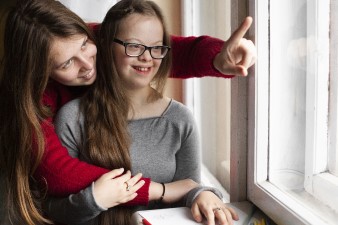Trusts
A trust is a legal arrangement where one or more people (the trustees) are made legally responsible for assets.
The assets are placed in trust for the benefit of one or more individuals called ‘beneficiaries’.
The trustees are responsible for managing the trust and carrying out the wishes of the person who has put the assets into the trust (the settlor). The settlor’s wishes for the trust are usually written in their will or given in a legal document called the ‘trust deed’.
With some types of trust the trustees also make decisions about how the assets in the trust should be used.
Trusts may be set up for a number of reasons
For example:
- all your assets (real estate and personal estate) including small-value items such as your home contents;
- any gifts you made in the 7 years before death;
- assets which are affected by your death but not owned by you (e.g. life interest in a trust);
- gifts with reservation of benefit. (Where legal ownership passes to a recipient but you have continued to enjoy the benefit of it at low or no cost). The 7 year period outlined above does not begin counting down whilst a gift is considered to be under a reservation of benefit.
When writing your Will, it is important to ensure that all reliefs and allowances have been used and any planning such as a Deed of Variation and setting up of trusts has been done.
There is a priority to ensure an estate ultimately passes to children. Particularly relevant for belnded families, but also worth considerong in case the survivor remarries, potentially disinheriting your children.
From Our Clients
Jane takes an incredibly professional and focused approach to her work. The service was first class, well executed and I’m delighted with the result. I’d also add that she offers excellent value for money.
Efficient, prompt and very thorough. I would recommend their services without hesitation.
Friendly and professional advice. Very clear taking plenty of time to ensure we were happy with the process.

